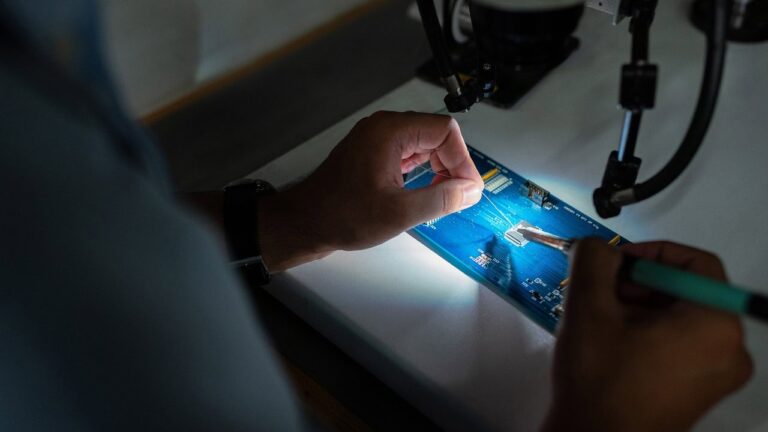The Future of Special Needs Education: Embracing Diversity and Inclusion

With an increasing awareness of the diverse needs of students, the landscape of special needs education is evolving rapidly. In this blog post, we will explore the current trends, challenges, and transformative practices that are shaping the future of special needs education.
Our aim is to inspire educators, parents, and policymakers to embrace diversity and inclusion, ensuring that every learner receives the support they need to thrive.
Understanding Special Needs Education
Special needs education refers to the tailored educational programs and services designed to support individuals with disabilities and learning differences.
These programs aim to provide equal opportunities for learners who may face challenges in a typical classroom setting. Understanding the unique needs and potential of each student is at the core of effective special needs education.
The Importance of Inclusion
Inclusion is a key principle in special needs education. It emphasizes the integration of students with disabilities into mainstream classrooms, promoting a sense of belonging and community. Inclusive education benefits all students by fostering empathy, understanding, and collaboration.
Furthermore, it prepares them for a diverse world where differences are celebrated rather than marginalized.
Challenges in Special Needs Education
Despite the progress made in recent years, special needs education still faces several challenges. One significant challenge is the lack of resources, both in terms of funding and trained personnel.
Many schools struggle to provide the necessary support, equipment, and specialized training required to meet the diverse needs of students with disabilities.
Another challenge is the stigma associated with special needs education. Misconceptions and biases can lead to the isolation of students with disabilities, hindering their social and academic development. Overcoming these stigmas requires a concerted effort from educators, parents, and society as a whole.
Innovative Practices in Special Needs Education
Fortunately, innovative practices are emerging to address these challenges and enhance the effectiveness of special needs education. Technology plays a pivotal role in transforming the learning experience for students with disabilities.
Assistive technologies, such as speech-to-text software, screen readers, and communication devices, empower students to access information and express themselves more effectively.
Moreover, personalized learning plans are gaining prominence. These plans are tailored to the unique strengths and needs of each student, allowing for a more individualized approach to education. By setting specific goals and tracking progress, educators can provide targeted support that fosters growth and achievement.
The Role of Teachers in Special Needs Education
Teachers are the backbone of special needs education. Their ability to adapt, innovate, and empathize is crucial in creating an inclusive and supportive learning environment.
Ongoing professional development is essential for teachers to stay updated on the latest research, strategies, and technologies in special needs education.
Collaboration among educators, specialists, and families also plays a vital role. By working together, they can develop comprehensive support systems that address the academic, social, and emotional needs of students with disabilities.
This collaborative approach ensures that students receive consistent and holistic support both at school and at home.
Empowering Parents and Caregivers
Parents and caregivers are invaluable partners in the education of children with special needs. Empowering them with the knowledge and resources to advocate for their child’s education is crucial.
Workshops, support groups, and online resources can provide parents with the information they need to navigate the educational system and ensure their child receives appropriate support.
Furthermore, open communication between parents and educators fosters trust and collaboration. Regular updates on a child’s progress, challenges, and achievements help parents stay informed and engaged in their child’s education, making them active participants in the learning process.
Looking Ahead: The Future of Special Needs Education
The future of special needs education holds great promise. As awareness and understanding of disabilities continue to grow, so does the commitment to creating inclusive and equitable learning environments.
Policymakers are increasingly recognizing the importance of funding and supporting special needs programs, ensuring that schools have the resources they need to succeed.
In addition, advancements in technology and educational research are paving the way for more effective and personalized learning experiences.
By harnessing these innovations, educators can create dynamic and engaging classrooms that cater to the diverse needs of every student.
Conclusion: A Call to Action
Special needs education is not just a responsibility; it is an opportunity to create a more inclusive and compassionate society.
By embracing diversity and inclusion, we can ensure that every learner has the chance to reach their full potential. It is a collective effort that requires the dedication and collaboration of educators, parents, policymakers, and society as a whole.
Let us commit to building a future where every student, regardless of their abilities, is valued, supported, and empowered to succeed. Together, we can transform special needs education and create a brighter, more inclusive future for all.






